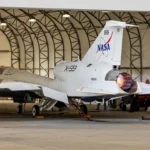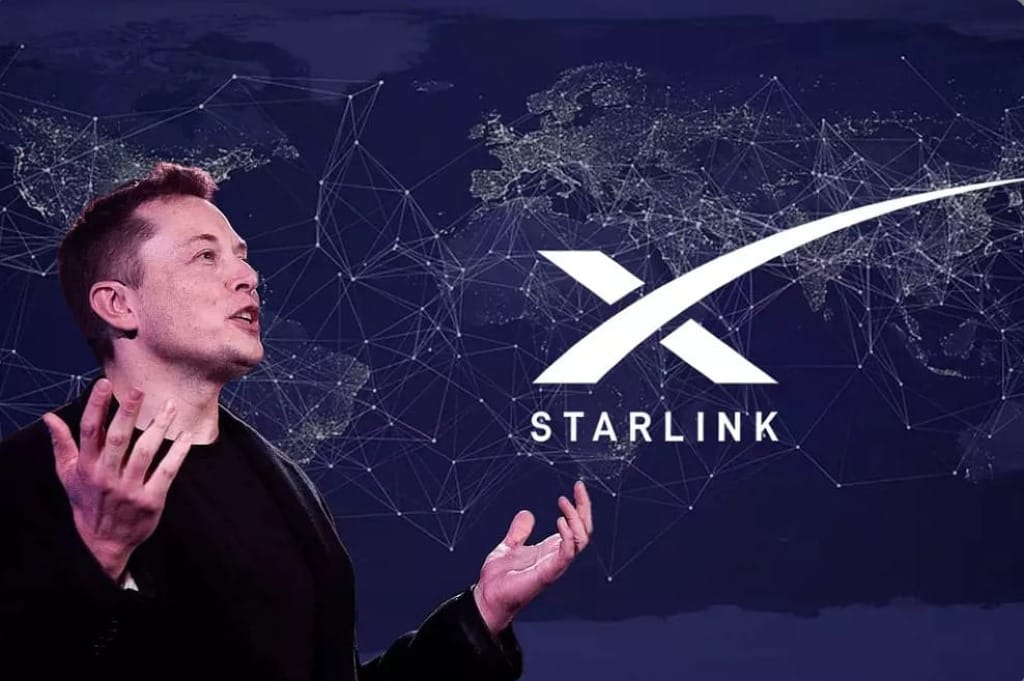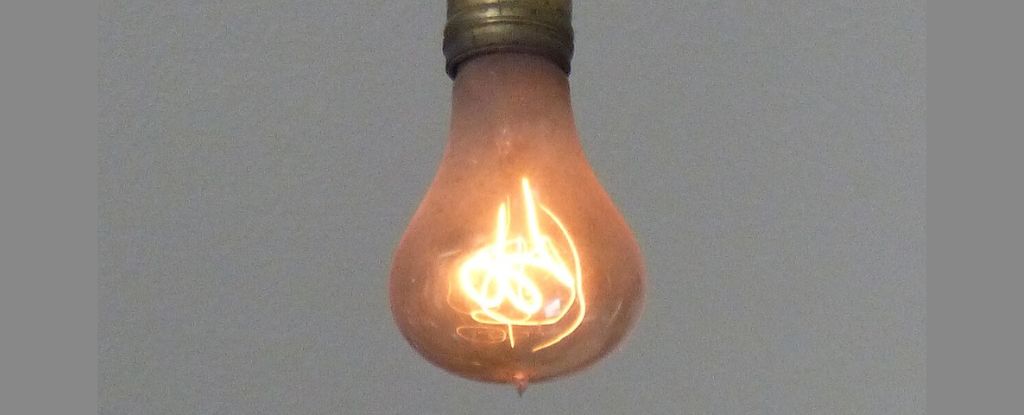SpaceX and T-Mobile have announced plans to launch an innovative project that leverages SpaceX’s Starlink satellites and T-Mobile’s mid-band spectrum to deliver near-complete mobile coverage across the U.S., including in isolated regions.
However, this initiative has faced significant resistance from major industry players like Verizon, AT&T, EchoStar, and the Rural Wireless Association. They have argued that SpaceX’s request for a waiver from FCC regulations could cause harmful interference with their terrestrial mobile networks.
In response, SpaceX conducted 123 different simulations to understand how their satellites might interfere with others’ systems and what rules could prevent that. SpaceX found that some of the rules suggested by competitors were too strict and would unfairly limit their ability to provide coverage.
SpaceX submitted its findings to the FCC, asserting that its study is the only evidence-based interference analysis on record and that the petitions from AT&T, Verizon, DISH/EchoStar, and Omnispace lack technical basis or legal merit.
T-Mobile and SpaceX were enabled to pursue this project by the FCC’s Supplemental Coverage from Space (SCS) framework, adopted in March 2024, which allows satellite operators to partner with terrestrial mobile carriers to use their licensed spectrum in areas where traditional coverage is lacking.
Both companies are eager to begin connecting Americans later this year, with Elon Musk and Mike Sievert, the CEOs of SpaceX and T-Mobile respectively, expressing excitement about the potential of this “industry-shaking” alliance.
Source: Broadband Breakfast









